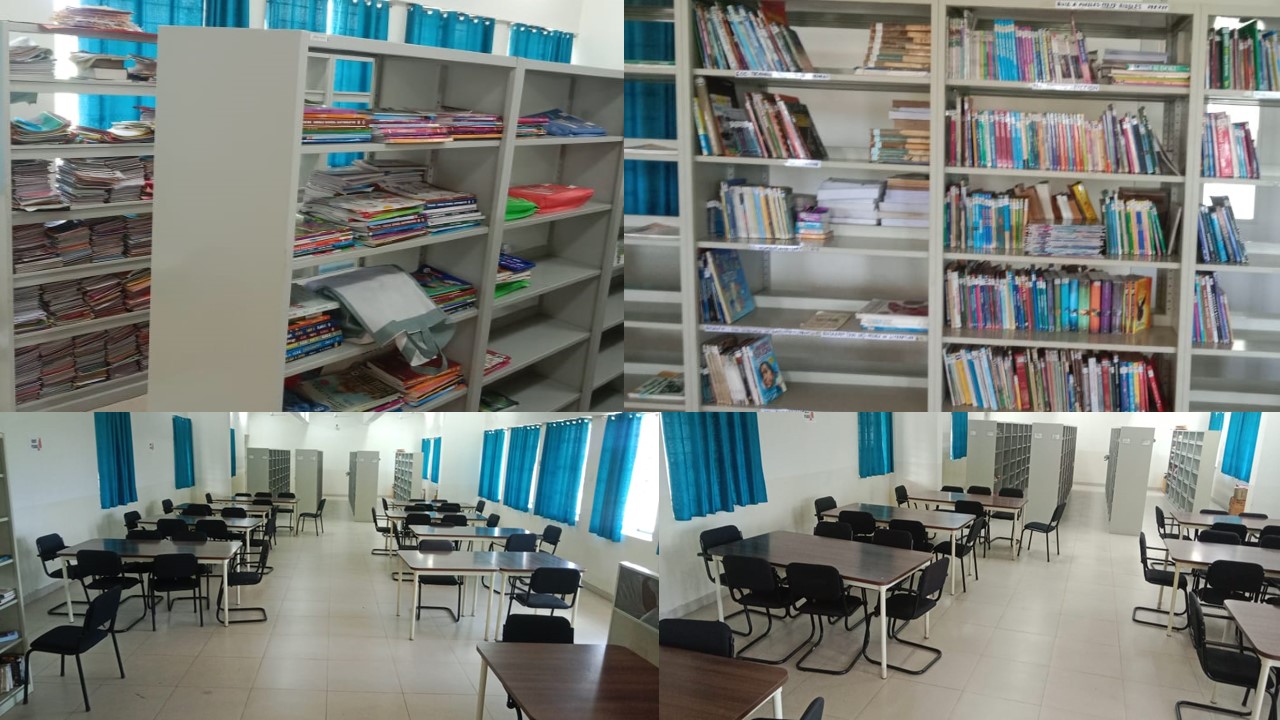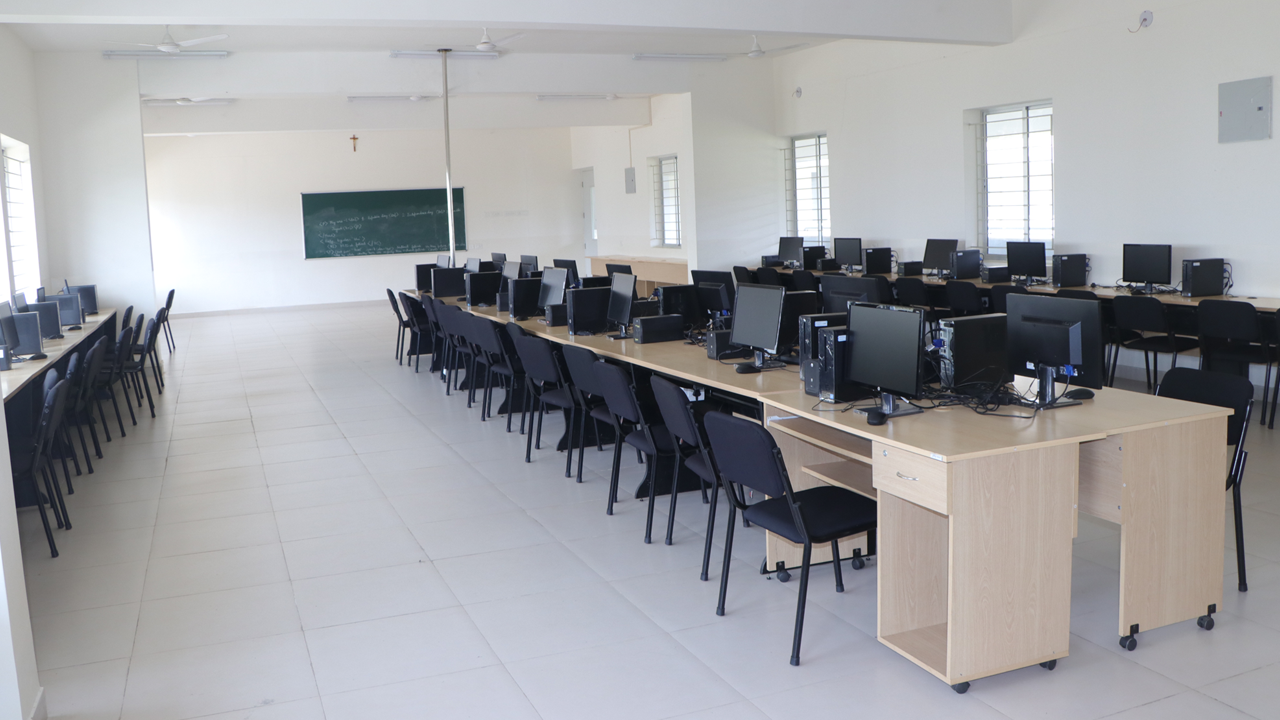About
loyola school kalinganagar

LOYOLA SCHOOL, KALINGANAGAR, promoted by Tata Steel, is a new venture of the Jesuit Fathers of the Jamshedpur province of the Society of Jesus (Jesuits), a religious order of the Catholic Church and founded by St. Ignatius Loyola in 1540. The Jesuit Educational Objective is to produce men and women who have a deep faith in God and in their fellowmen and, imbued with this faith, to work for justice and equality in India, keeping this in mind, the Jesuits have established many schools and colleges in which young men and women belonging to every social status, community and linguistic group, are educated through the medium of English and other regional languages. These institutions are a part of the Catholic Church's efforts to share in the country's educational undertakings. JESUIT EDUCATION AIMS TO HUMAN EXCELLENCE: Men and Women of Conscience, Competence, Compassion and Commitment.
The School is owned and run by Loyola Education Society, a registered society which also constitutes the Governing body of the School. The responsibility for the day to day running of the school is vested in the school administration.Loyola receives no Government or private aid, and fees are its only income. Hence, fees have to be adjusted from time to time to keep up with rising costs and salaries.As a Catholic school, Loyola has for its inspiration and guidance, the life and teachings of Jesus Christ. Special attention is paid to faith formation of the Catholic students, through weekly religion classes, option to attend the Mass when it is celebrated, recollections and the annual retreat.




